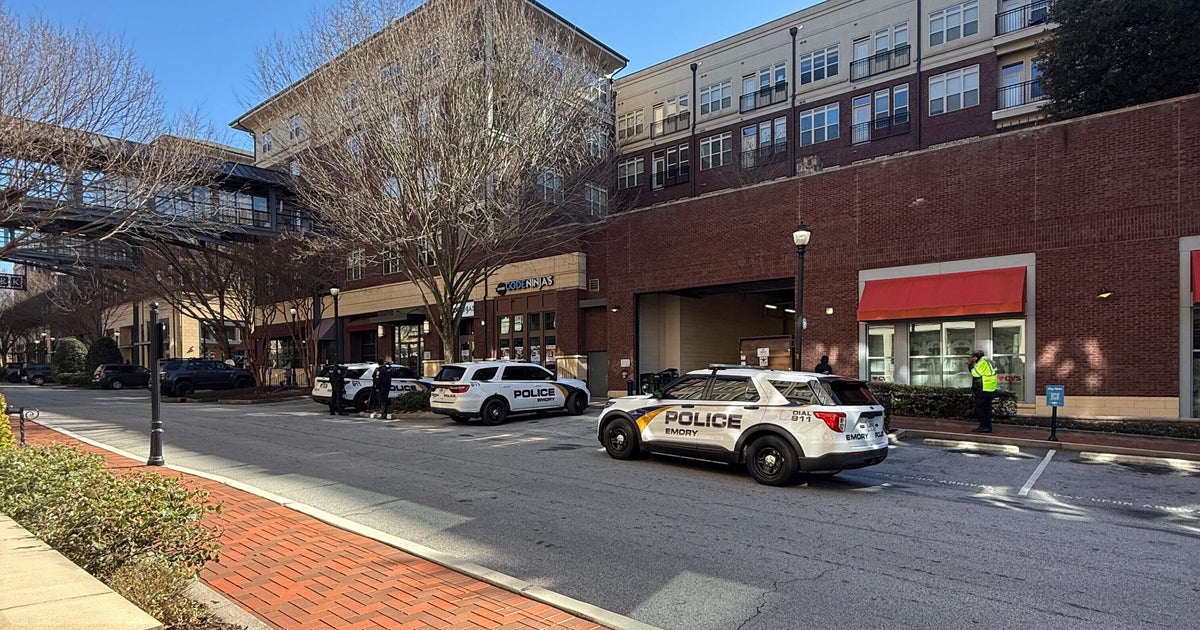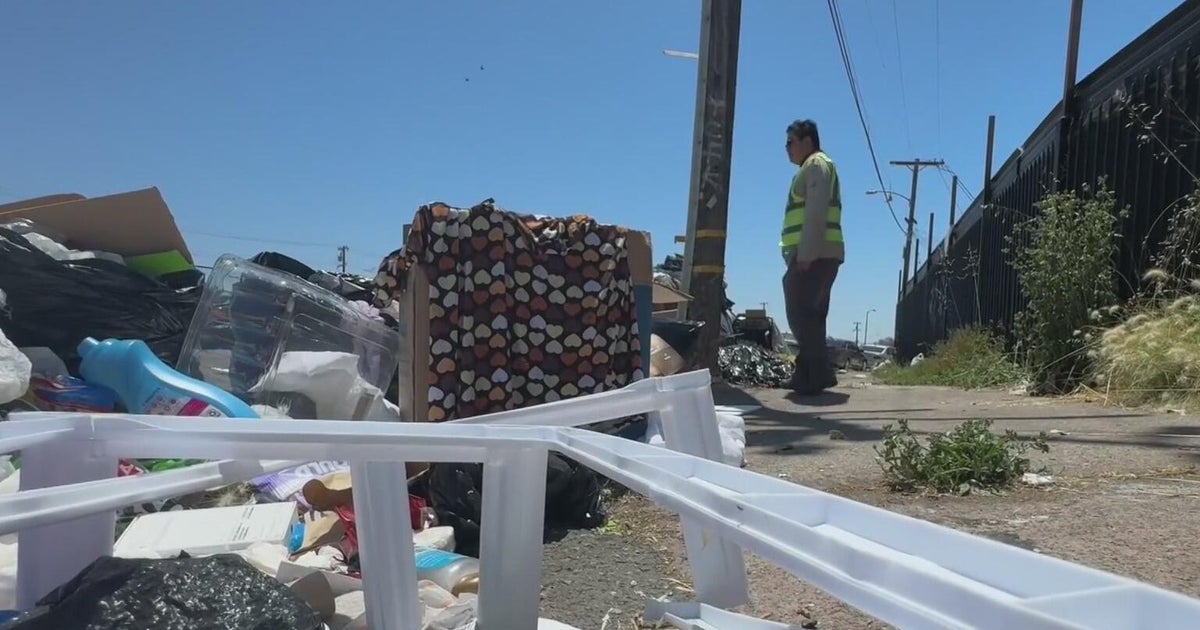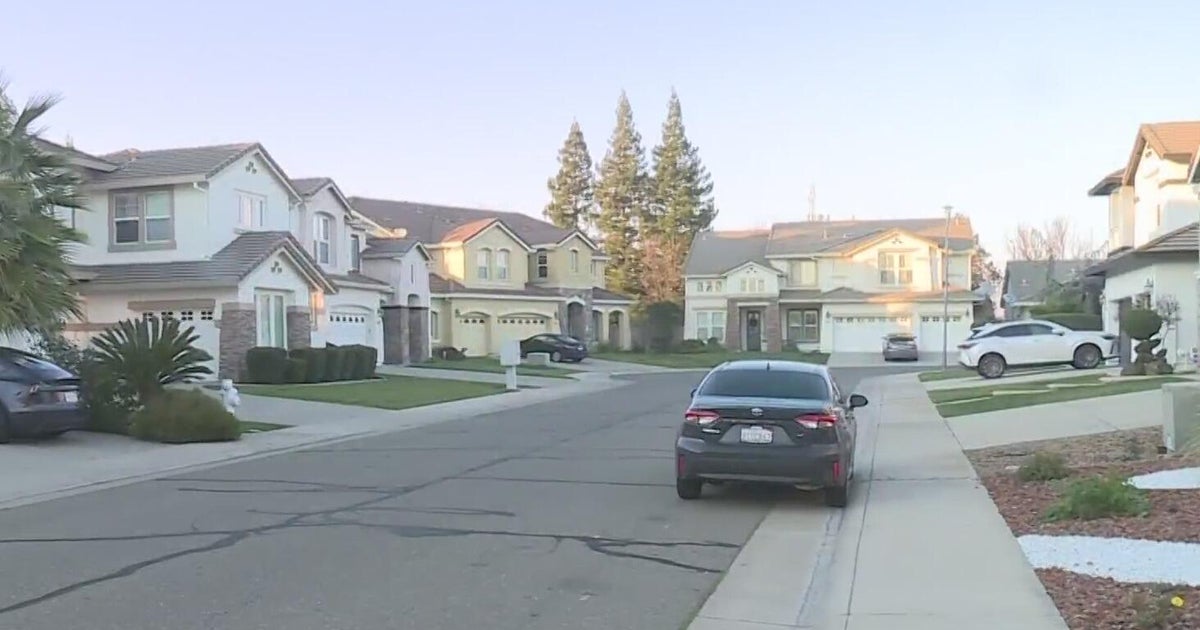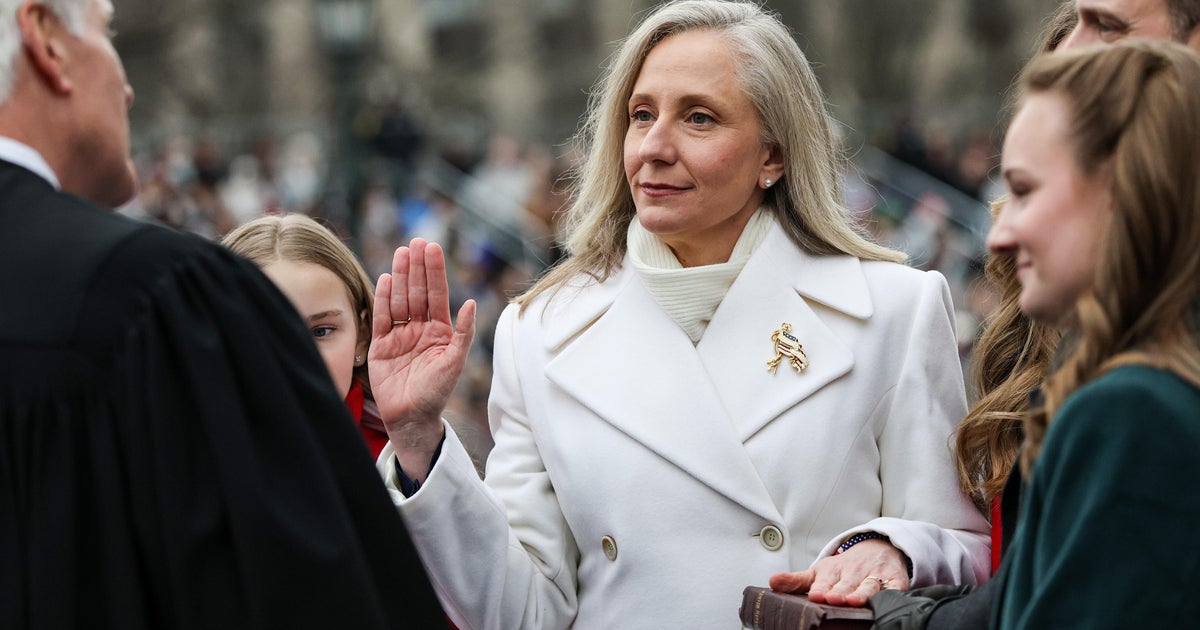Apple Announces 1st East Coast Campus In North Carolina
RALEIGH, N.C. (AP) — Apple is expanding spending in the U.S. and announced plans Monday to build its first East Coast campus, in North Carolina.
The iPhone maker headquartered in Cupertino is boosting U.S. spending to $430 billion over the next five years and doubling its hiring plans by 20,000 jobs. It had said it would spend $350 billion in January 2018, just after Congress approved a big tax overhaul that cut corporate taxes.
Apple says it is stepping up investment as the U.S. begins rebuilding from the COVID-19 pandemic. The company for years has emphasized its role in the U.S. economy to help counter criticism about its reliance on overseas factories, often taking advantage of local tax breaks.
Apple will invest $1 billion in North Carolina and the campus, in the Raleigh-Durham area's Research Triangle Park, is expected to bring at least 3,000 new jobs to the state in machine learning, artificial intelligence, software engineering and other fields. The workers will have an average annual salary of about $185,000.
Democratic Gov. Roy Cooper said that once Apple creates the jobs, the tech giant will be eligible for incentives he considers "transformational."
Under an agreement approved earlier Monday by a state incentives panel, Apple would get $846 million in cumulative cash payments over the next 39 years if the company meets job-creation and investment thresholds. The payments are calculated based on the income tax the state withholds from paychecks of the new workers.
The state Commerce Department estimates the project will generate nearly $2 billion in additional state revenues through 2061.
Cooper defended the hefty price tag on the incentives, arguing that Apple's announcement will encourage other companies to move to North Carolina and have a positive ripple effect on local businesses in the Raleigh area.
"Once this campus is up and running, it's expected to generate more than $1.5 billion a year in economic impact to our state," Cooper said in a news conference Monday morning.
The construction timeline is not yet clear, though state officials said Apple has told them it wants to get the new campus up and running as soon as possible. A summary of the incentives agreement notes the 3,000 jobs will be created from 2023 until 2032.
"This is an important milestone that strengthens our position as a tech hub," said Michael Haley, executive director of Wake County Economic Development.
Apple also said it plans to establish a $100 million fund to support schools and community initiatives in the Raleigh-Durham area. The incentives agreement also means $112 million will go to a state account designed to help rural areas improve infrastructure to attract companies.
The company is also expanding its teams in Colorado, Massachusetts, Texas, Washington, New York, California and other states. Apple announced Monday it is planning a $100 million distribution center near Indianapolis that could employ nearly 500 workers by the end of 2024.
State Commerce Secretary Machelle Sanders said the 3,000 positions Apple will create will be in addition to the company's existing 1,100-worker footprint in the state.
In a blow to Cooper and top Republican state lawmakers, Apple unveiled plans in 2018 to expand operations in Texas. Cooper said he believes the company's decision not to move to North Carolina at the time may have stemmed in part from the passage of a 2016 law that required people to use the restroom of the sex assigned to them at birth. That law was partially repealed a year later.
This time, Apple considered Ohio as the principal competitor to North Carolina to land the new campus, but other unnamed states were still in the running, according to the incentives summary provided by the Commerce Department.
The governor said he privately spoke with Apple CEO Tim Cook on Saturday, who explained that "he feels good about our diversity, inclusion and anti-discrimination landscape."
"He feels good about this project, and they are just as excited as we are to build it," Cooper said.
© Copyright 2021 The Associated Press. All Rights Reserved. This material may not be published, broadcast, rewritten or redistributed.







